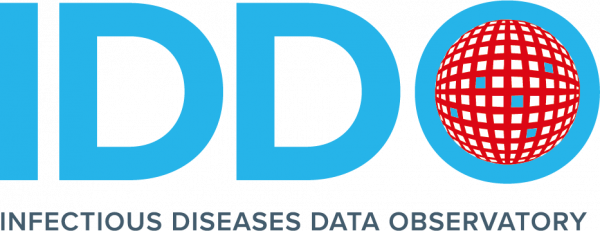Prospective disease platforms
Before developing a data platform, IDDO conducts a scoping and feasibility assessment to gain an understanding of the clinical data available, engage with relevant audiences and establish whether a platform would be of value and help advance research in that area. Whether a disease platform is built or not depends on the outcome of this process.

IDDO has several disease platforms that collate and pool individual-patient (IPD) level clinical, laboratory and epidemiological data on select neglected poverty-related diseases and emerging infections. These data platforms optimise the scientific potential of existing data to address key research questions and knowledge gaps by enabling and statistically strengthening in-depth analyses. IDDO has developed the infrastructure, governance and methods to support this framework, building on the WorldWide Antimalarial Resistance Network’s proven and successful model.
Prior to development of a data platform, a scoping and feasibility assessment takes place for a particular disease. This stage aims to understand the current disease landscape – what data is available, who are the key stakeholders and would a data platform help address key research questions in that area.
The scoping and feasibility assessment is comprised of three main areas:
Systematic review
A systematic review is conducted to:
- gain an understanding of the quantity and quality of clinical studies in the given disease area
- identify research gaps and needs
- determine the technical feasibility of assembling data and the scope for a data platform
- assess the accessibility of obtaining individual-level patient data
Community engagement
Early identification and engagement with stakeholders including researchers, end-users, policy makers and potential partners is paramount to ensure that the design, purpose and future output of a platform is as effective as possible.
Funding
The development and maintenance of a platform requires sustainable funding to ensure the use of contributed data is optimised and made available for future reuse. At this stage, mapping the funding landscape is vital to ensure the platform’s longevity and feasibility beyond the scoping stage.
Development of a data platform
Whether a data platform is then built and developed depends on the outcome of this initial assessment. The IDDO board reviews the assessment in the wider context of scientific and public health relevance, the potential impact of assembling this data and whether the work is in line with IDDO’s strategy and mission.
It is important to note that while a disease may be scoped, if deemed not feasible, development of a full-scale platform beyond this phase would not proceed.
If you have any questions please get in touch with us at info@iddo.org

